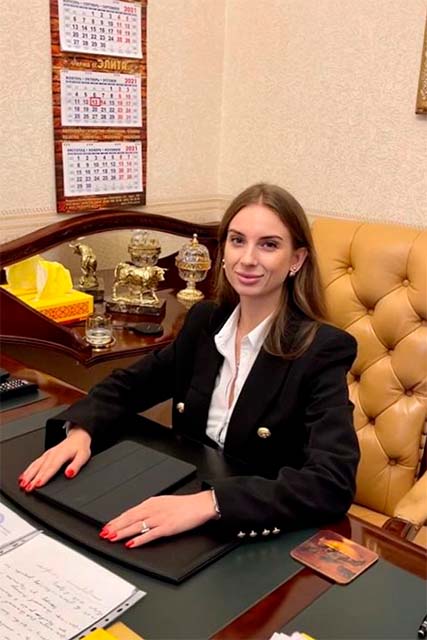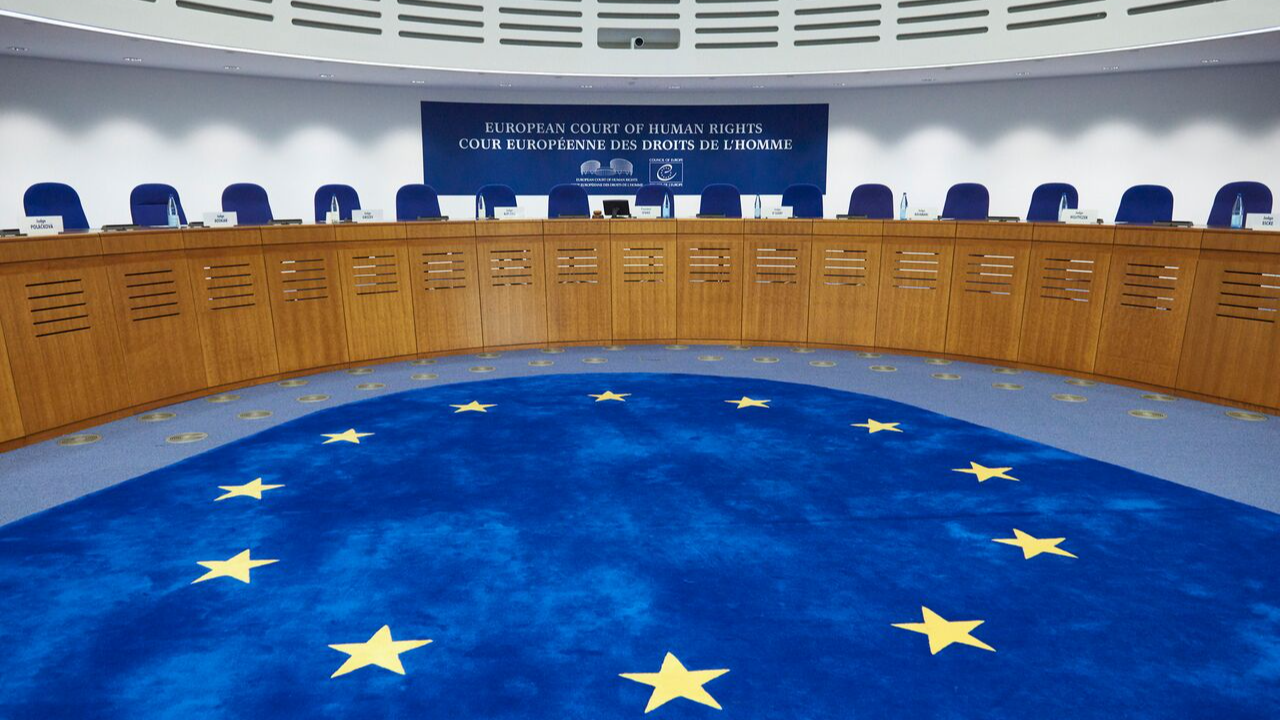Representation at the ECHR
The vast majority of applications to the European Court of Human Rights (ECHR) are declared inadmissible. That means it is a decision by the European court rejecting the application without looking at the merits of the case when they do not satisfy the criteria necessary to be declared admissible. Decisions declaring applications inadmissible are final, and there is no possibility of appeal.
Navigating all the complexities of case-laden ECHR alone is hard, much more so in making sure that your application passes admissibility criteria. With a high rate of applications in the European court dismissed at the initial stage, understanding the nuances of admissibility becomes quite important. But we’re here to protect human rights and fundamental freedoms, so do not miss out on crucial insights that could be the difference-maker in your legal endeavor.
How the European Convention of Human Rights (ECHR) Works?
The European Convention of Human Rights is the cornerstone of all the European Union activities in the protection of people’s fundamental rights among member states. In discharge of this mandate, the Registry is tasked with providing legal and administrative support to the European court in the exercise of its judicial functions. It is primarily composed of lawyers, administrative and technical staff, and translators.
There are currently some 640 staff members of the Registry, of whom approximately 270 are lawyers and 370 other support staff. Registry staff members work for the Council of Europe, which is the European court’s parent organization. They must follow the Council of Europe’s Staff Regulations.
About half of the staff in the Registry are employed on contracts of unlimited duration and may be expected to pursue a career in the Registry or in other parts of the Council of Europe. The most important purpose of the Registry is to process and prepare for decision applications filed with the Court by applicants.
The lawyers in the Registry are divided into 31 case-processing sections, each with its own administrative staff.
What does the ECHR verify during the admissibility stage?
At the admissibility stage of the ECHR, it shall be ascertained by the European Court of Human Rights whether:
- The applicant has exhausted all domestic remedies.
- The application was lodged with the European court within the six-month time limit, as it is usually calculated from the date of the final domestic decision.
- The applicant has suffered a significant disadvantage.
- It concerns human rights violations or freedom infringement as provided in the European Convention or its protocols.
- The alleged violation was committed within the territory of the respondent State or in any other member state under its effective control.
- Victim status as held by the applicant.
Those applications that meet these requirements are declared admissible and communicated to the Government of the respondent State for further criminal proceedings. The extent of the violation of the European convention rights is then decided by the ECHR while considering the observations of both parties. Provided it establishes a violation on the convention rights, under Article 41 of the European convention, the Court can grant compensation to the applicant.
Why do you need a lawyer at the ECHR?
1. Complexity of the Process: Proceedings within the European Court of Human Rights (ECHR) are not that easy to conduct and require deep knowledge of international human rights law. A specialized lawyer knows the specifics and useful experience in how the European court works and how to follow the European Convention on Human Rights.
2. Protection of Your Interests: Your attorney is your representative within the ECHR, protecting your fundamental rights and interests. They design a strategy, collect evidence, and prepare basic documents. At the same time, legal representation is provided at all stages of the European court proceedings or in an independent and impartial tribunal according to the rule of law.
3. Overcoming Linguistic Difficulties: With English and French as the two primary working languages within the ECHR, a lawyer ensures there are clear communications with the European court and other parties. That ensures quality representation necessary for effective advocacy under the European Convention on Human Rights.
4. Risk Mitigation: A lawyer will help you avoid mistakes that can put your case at risk. Their deep understanding of the procedure of the European Convention on Human Rights (ECHR) is important in handling every legal matter effectively so that a case reaches its most desirable outcome. That guarantees that cases relating to human rights protections and fundamental freedoms are cared for.
5. Access to Sources: There are very important legal sources and related case-law of the ECHR that are at the disposal of lawyers specializing in cases before the ECHR. Those sources include, inter alia, precedent-setting decisions by courts or international conventions that considerably help this work and increase its efficiency. That’s a guarantee of human rights and fundamental freedoms enshrined in the Universal Declaration of Human Rights.
The corpus of, therefore, without the guidance of a qualified lawyer, opting for the European Court of Human Rights may lead to severe consequences. Given the uniqueness of the demands of the procedure before the ECHR, inadequate actions or insufficient experience can lose cases or cause ineffective protection of your rights.
Getting professional legal advice and aid on protecting your fundamental rights within the member states of both the Council of Europe and the European Union through the complexities involved in procedures before the ECHR would become very important.



